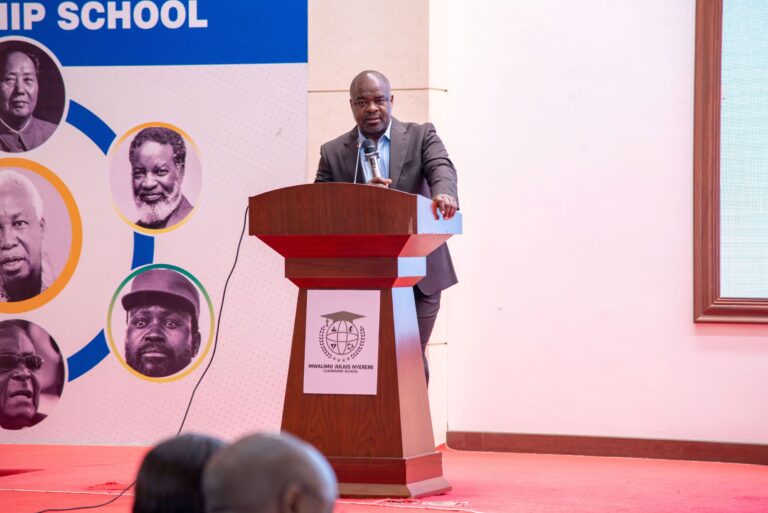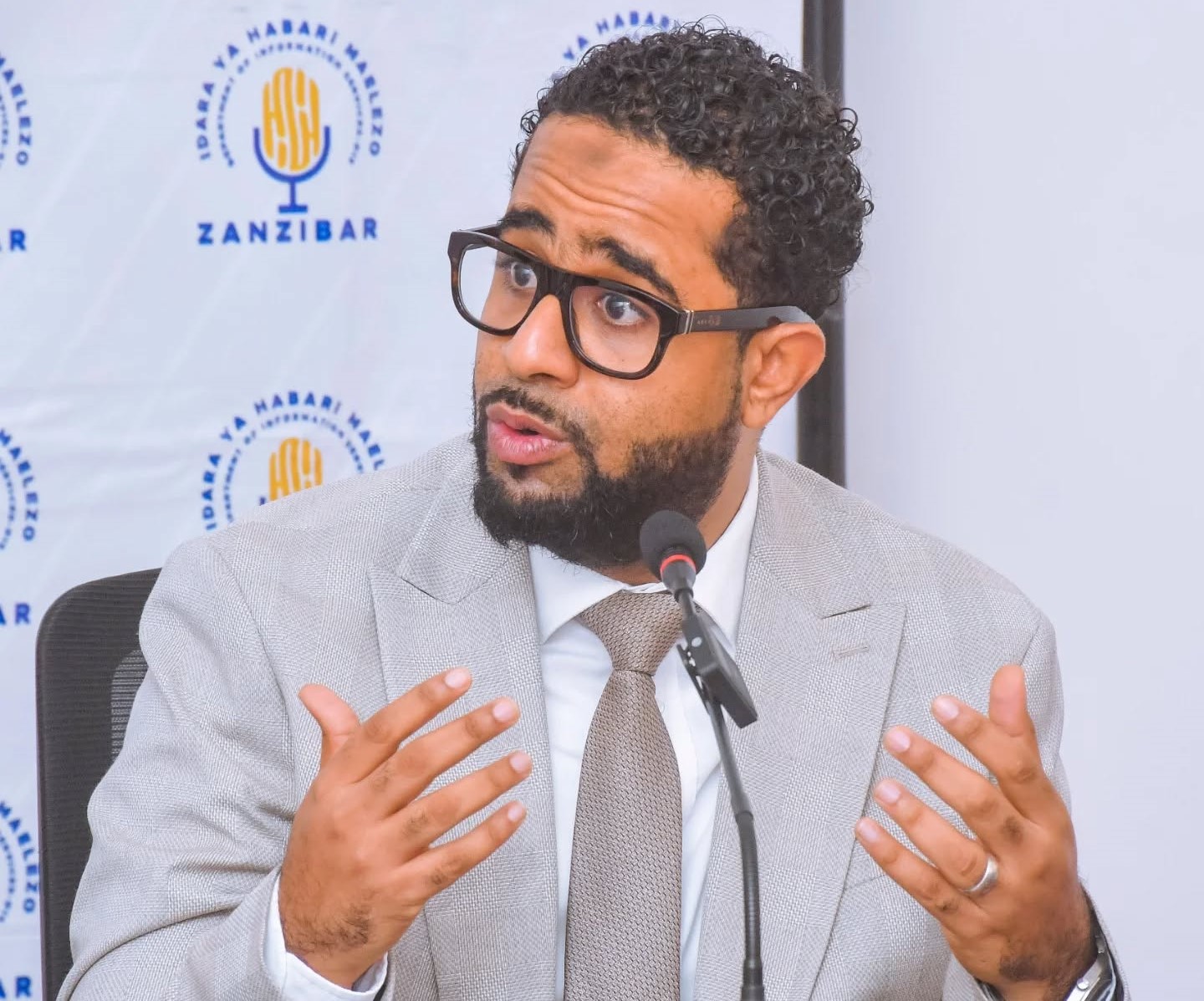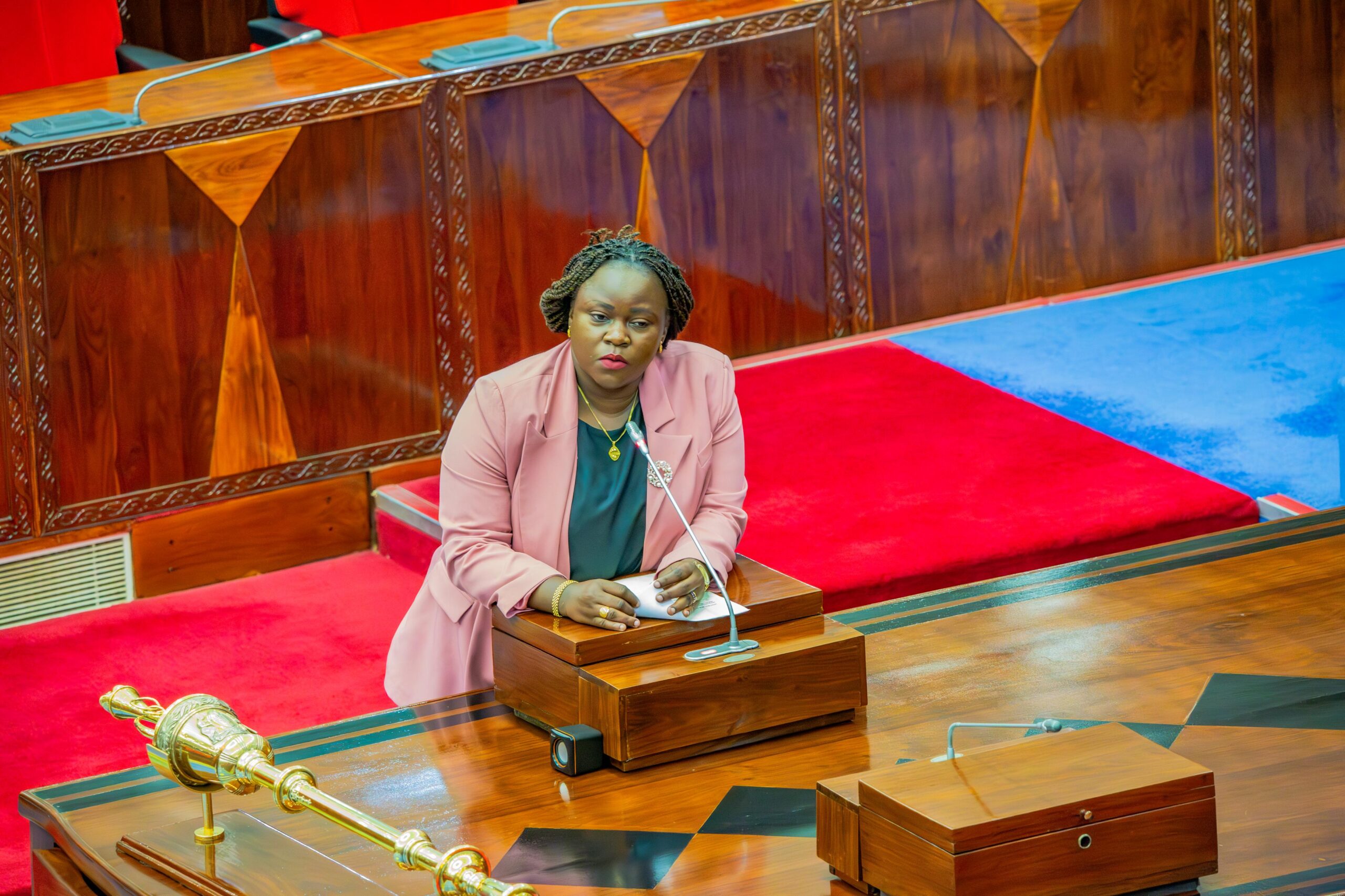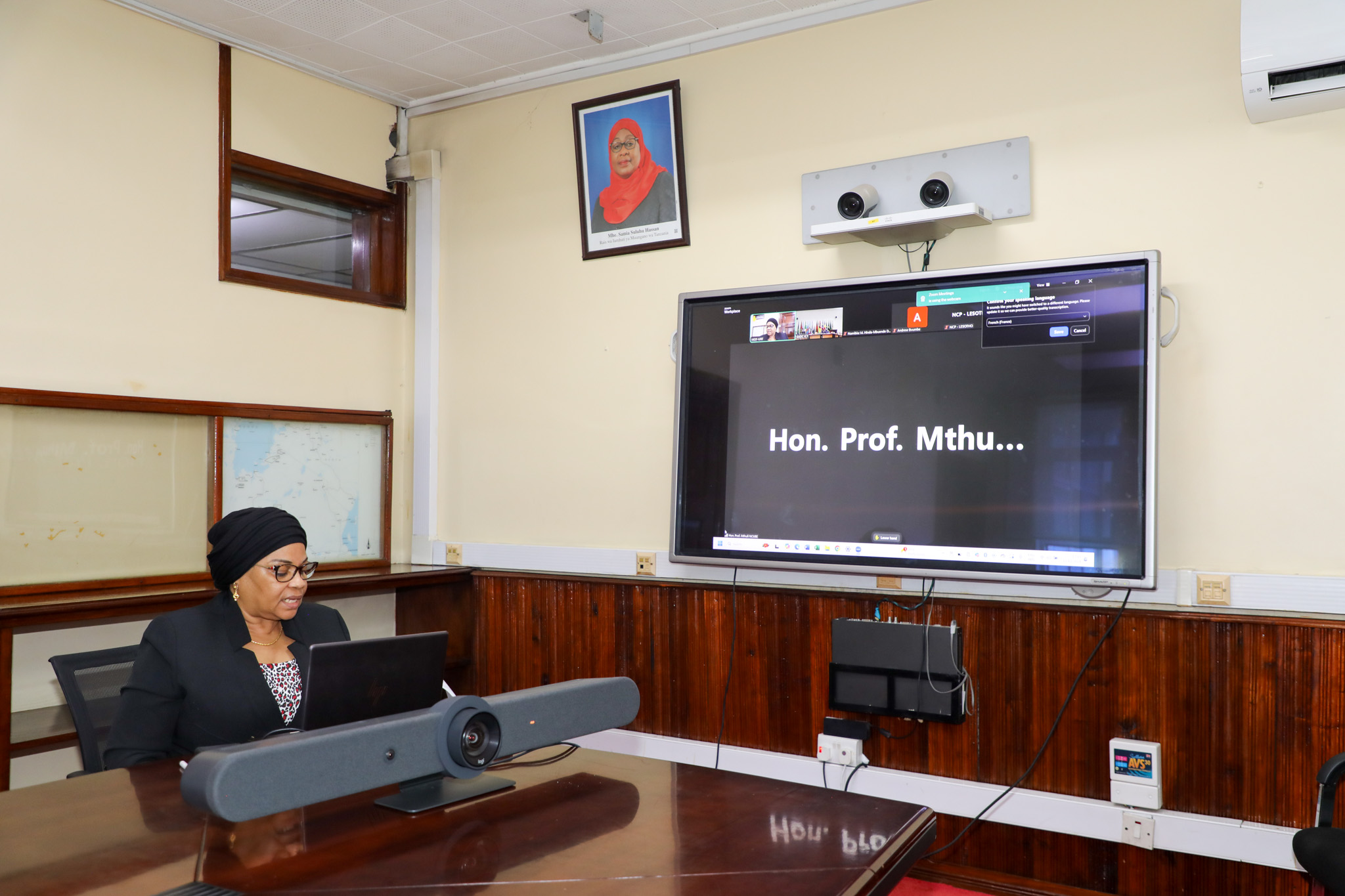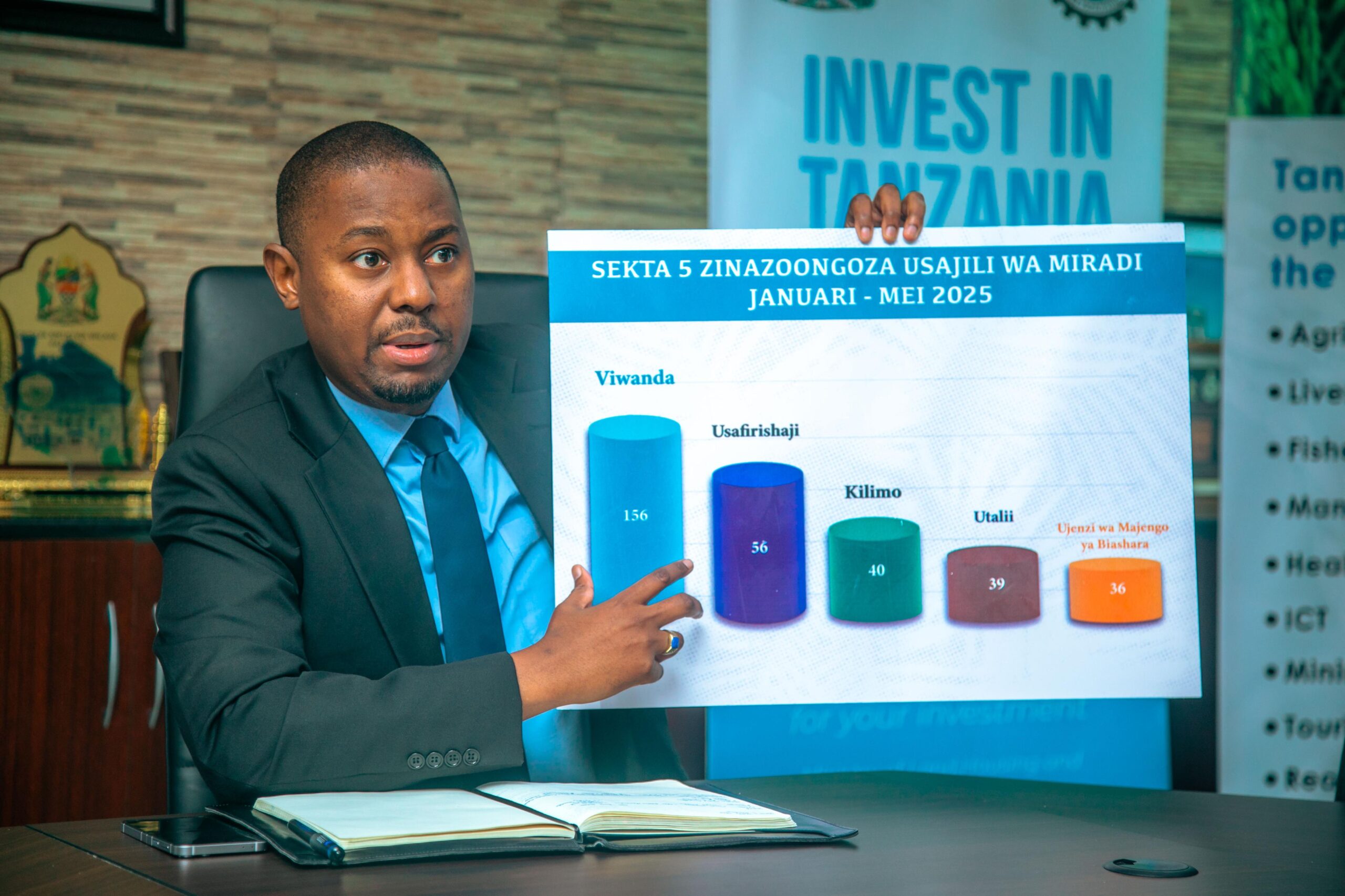Kibaha. The government has expressed its commitment to creating investment-friendly laws that will enable Tanzania to attain upper-middle-income status as envisioned in the Dira 2050.
One of the key targets of Vision 2050 is to grow the national GDP from the current level of over $80 billion to $1 trillion by the year 2050.
To achieve this goal, the government emphasized the need to continue creating a conducive business environment that allows public entities to perform efficiently in collaboration with the private sector.
This was said on Thursday, October 16, 2025, during a working session held in Kibaha, Coast Region, that brought together the Office of the Treasury Registrar (OTR), the Office of the Attorney General, the Office of the Solicitor General, and the Office of the Chief Parliamentary Draftsman.
The Treasury Registrar, Mr Nehemiah Mchechu, said that Her Excellency President Dr Samia Suluhu Hassan had directed the review and improvement of existing laws to align them with the aspirations of Vision 2050.
“We must have laws that enhance the efficiency of public institutions. We need laws that expand opportunities for the public sector to work closely with the private sector,” stressed Mr Mchechu.
He added that improving the efficiency of public entities would increase their contribution to domestic revenue from the current 4 percent to 10 percent within the next four years, as directed by President Samia.
“We must improve our services and products while minimizing unnecessary expenditures to boost revenues and, ultimately, dividends to the government,” he emphasized.
The government, he said, expects to see productivity from its Sh92.3 trillion worth of investments made in public institutions and companies in which it holds minority shares.
Deputy Attorney General, Hon Samwel Maneno, noted that the strength of public and private sectors largely depends on the quality of laws governing investments.
He explained that poor contract management could hinder or delay the realization of government expectations.
“Such a situation could also trigger disputes and discourage investors,” he underscored, adding that the government is determined to prevent that outcome.
“Contract management is a top priority area for us. In a single financial year, we oversee between 15,000 and 20,000 contracts. To ensure efficiency, we are embracing technology to facilitate monitoring,” he said.
He also stressed the importance of minimizing unnecessary bureaucracy, particularly in the area of Public-Private Partnerships (PPPs).
On his part, the Solicitor General, Dr Ally Possi, said that national laws should not be a barrier to investors but rather an attraction.
“To realize our dream of a $1 trillion economy, we must continue building a friendly business environment that attracts more investors,” said Dr Possi.
He further highlighted the need to strengthen contract management, especially in PPPs, and emphasized that public institutions have a responsibility to generate dividends and support national economic growth.
“However, this cannot be achieved if such institutions are burdened by lawsuits that compel them to pay compensation following court rulings. That’s why we are here — to discuss how best to address legal gaps,” he concluded.
Meanwhile, the Chief Parliamentary Draftsman, Mr Onorius Njole, underscored that achieving a $1 trillion economy depends on the strength of public institutions, hence the need for a robust legal framework in the investment sector.
“Public entities must be governed by investment laws that align with current needs,” he said.
“The legal framework must match the pace of investment growth within public corporations.”

